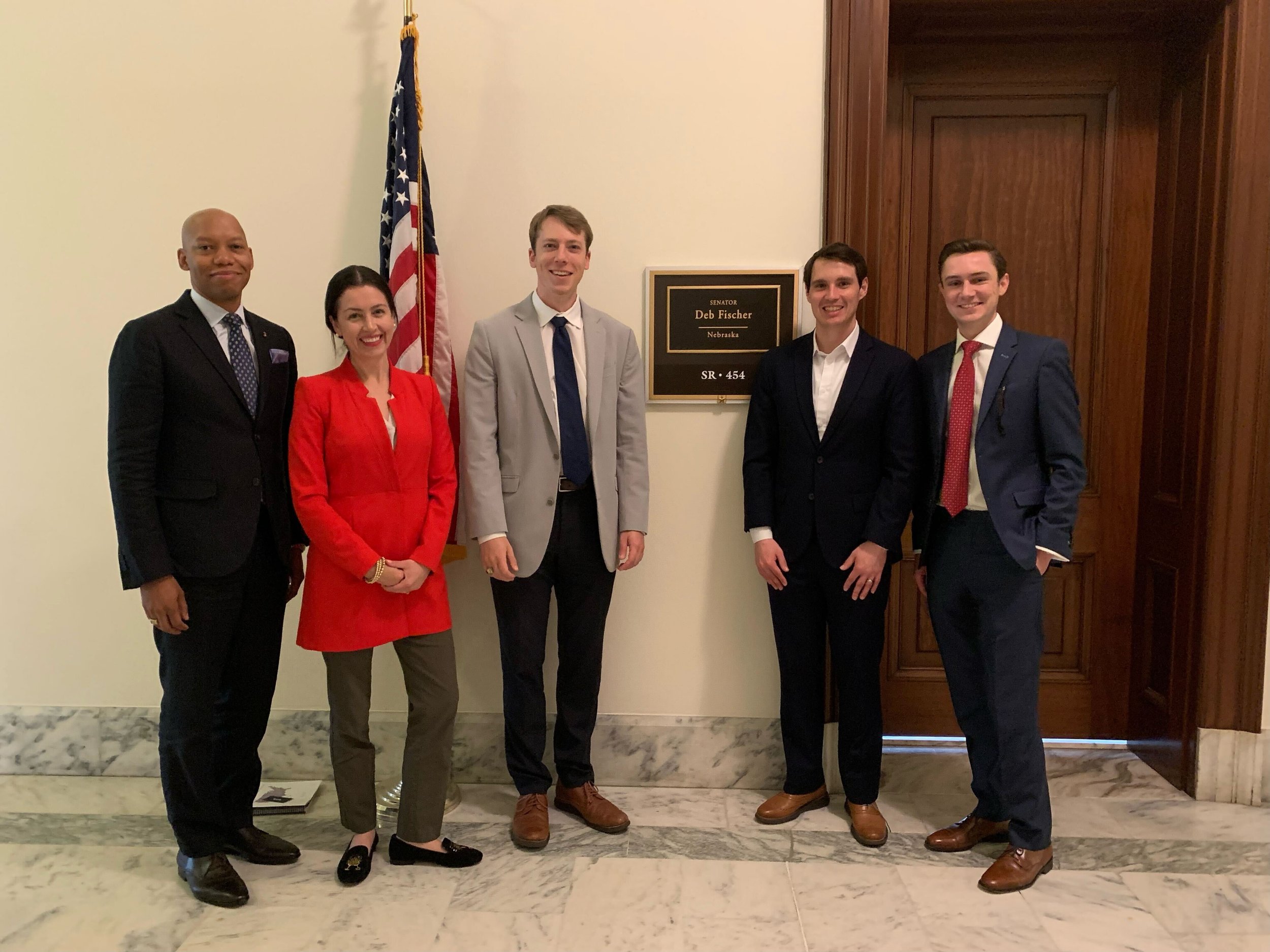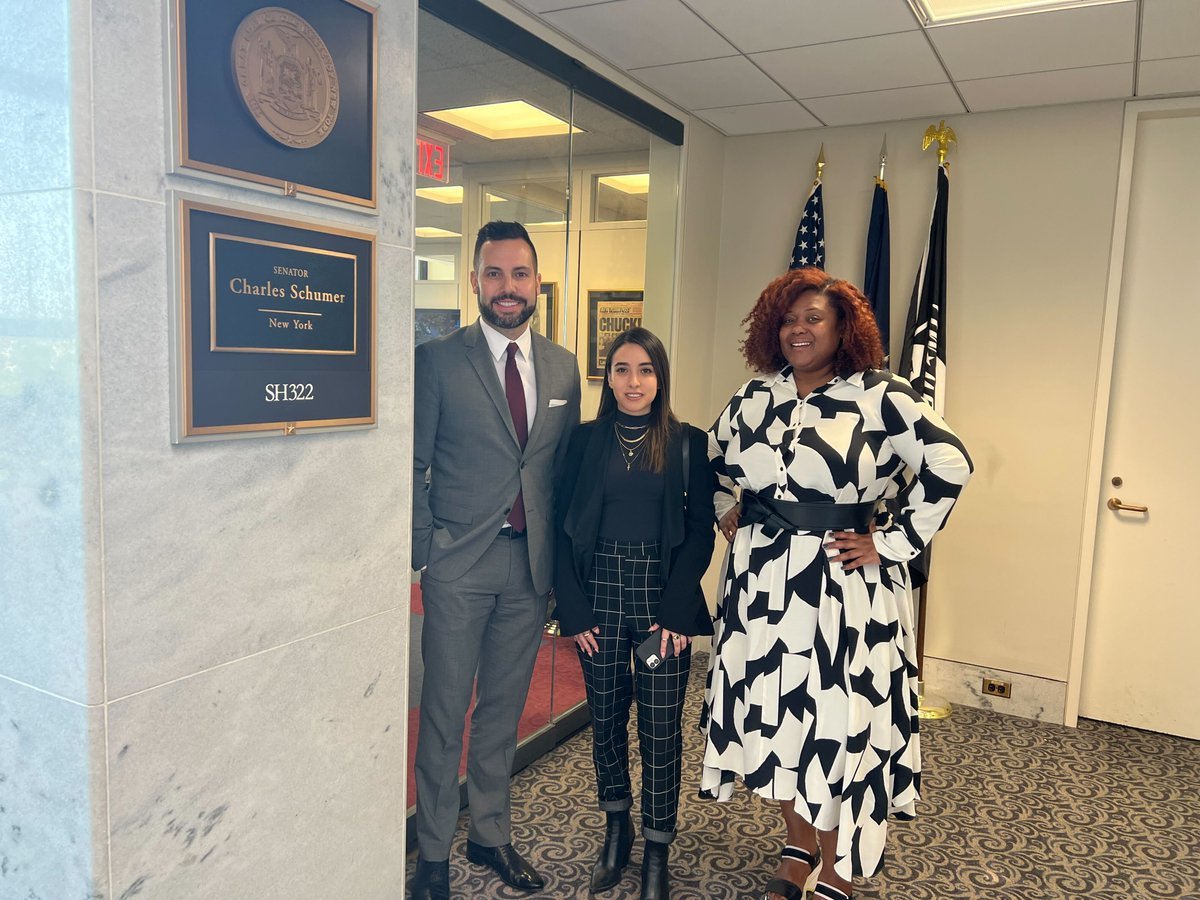Data privacy has long been top of mind for policymakers, but in the absence of a comprehensive federal privacy framework, states have been passing their own unique privacy laws. That’s created pressure on policymakers in Washington to create national rules. When policymakers think about writing new rules for how companies can interact with consumer data, they often have only the practices of bad actors or the largest Internet companies in mind. But we know from talking to startups across the country every day that all kinds of companies are using data to innovate and provide services online. They may not be the companies that are top of mind when policymakers write rules, but they’re the companies most impacted by compliance and litigation costs arising from policies designed with the large industry players in mind.
That’s why Engine works to highlight the stories and voices of startups, especially around issues where the conversation is dominated by others. And that’s why last week, we brought startup founders to Capitol Hill to discuss data privacy issues with policymakers and their staff. Founders of eight companies from across the country—Atlanta, Georgia-based Productions.com, Detroit, Michigan-based Hush, Warner Robins, Georgia-based Infiltron, Omaha, Nebraska-based startups Event Vesta and Maxwell, and New York, New York-based startups PILOT, RAVN and Airpals—joined us in D.C. to tell the stories of their companies and, specifically, their experience navigating the current data privacy landscape. The founders participated in meetings with over 10 different House and Senate offices, as well as spoke on a panel about why a uniform federal privacy standard is needed to create certainty for startups like theirs.
In addition to being from different parts of the country, all of those companies have different business models, interact with different types of data, and serve different communities of users. For example, RAVN, a platform for Black women to receive tailored financial education, encounters different types of data than Productions.com, a platform for media production professionals to find work. And they have a different experience than EventVesta, a platform that hosts information about local events. But each uses data to both deliver their services and find their users. And all of them grapple with limited time and resources to keep up with an evolving landscape of data privacy rules.
Startups don’t have any trouble doing right by their users and using best practices to secure their data. But the current data privacy landscape doesn’t work for startups. It’s confusing, causes them to lose out on business opportunities, steers where they can scale, and costs them tens of thousands to carry out duplicate compliance activities. That’s why these startups came to town. To tell Congress to fix it by passing a federal privacy framework that creates uniformity, promotes clarity, limits bad faith litigation, accounts for the resources of startups, and recognizes the interconnectedness of the startup ecosystem.
These are the kinds of companies policymakers should be thinking about as they look to create a federal data privacy law. We’re grateful these founders took the time to travel to D.C. and help educate policymakers about the startup ecosystem and the wide range of companies that could benefit from a uniform federal privacy framework.





